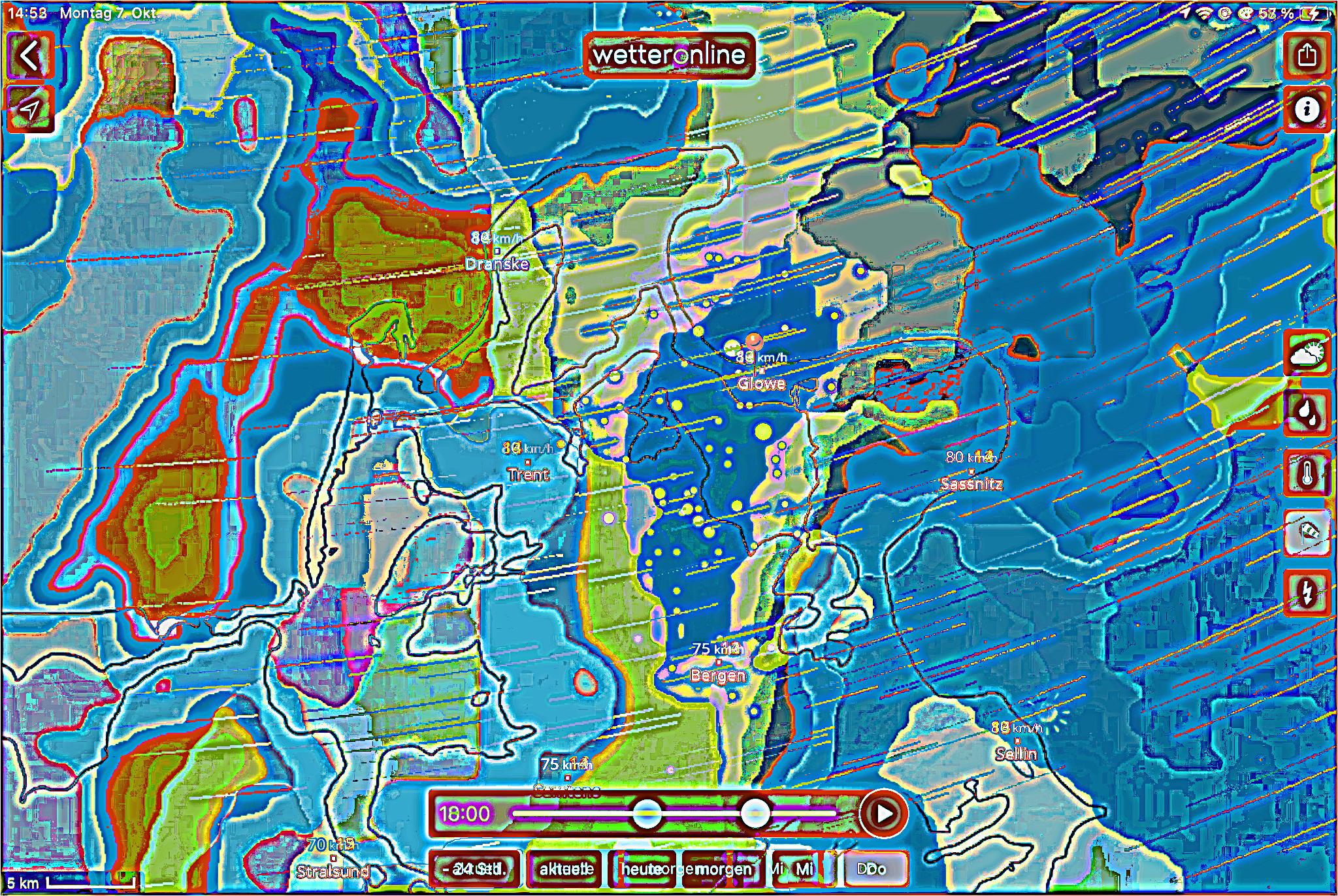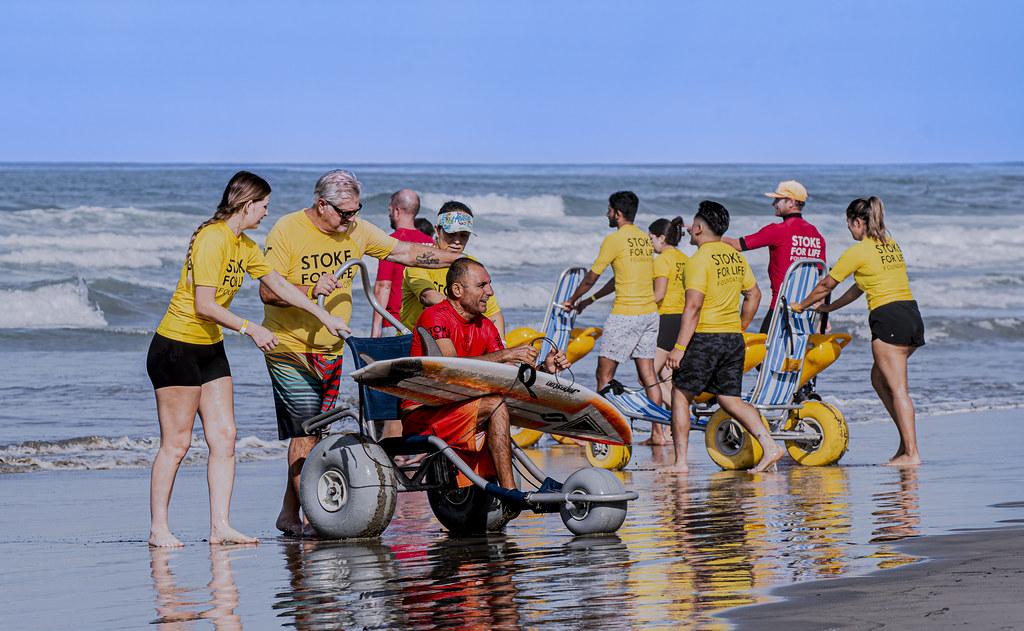Surfing, a sport deeply intertwined with nature’s rhythms, offers a unique lens through which to examine the impacts of climate change. As waves crash against the shore, they carry with them the stories of shifting weather patterns, rising sea levels, and changing oceanic ecosystems. For surfers and coastal communities alike, understanding these changes is crucial not only for the future of the sport but also for the preservation of our planet’s health. In this article, we will explore how climate change poses challenges to surfing, while highlighting the innovative solutions and resilient spirit that promise to safeguard this beloved pastime. By embracing sustainable practices and fostering a deeper connection with the ocean, the surfing community can lead the way in demonstrating how to adapt and thrive amidst environmental change. Join us as we navigate the waves of climate change, uncovering both the threats and the opportunities that lie ahead.
Understanding the Impact of Climate Change on Ocean Conditions
The interplay between climate change and ocean conditions is a dynamic dance that holds significant implications for the world of surfing. As global temperatures rise, the ocean absorbs much of this heat, leading to several notable changes. Sea levels are rising, not just threatening coastal habitats but also altering the beloved surf breaks. Higher tides can transform the shape and energy of waves, potentially diminishing the quality of well-known surfing spots. However, surfers are resilient, adapting to these shifts by exploring new locations and embracing evolving conditions.
Moreover, climate change influences ocean currents and weather patterns, which can lead to more frequent and intense storms. While this might mean more powerful waves in certain regions, it also presents challenges such as increased risks and safety concerns. Yet, within these changes lies an opportunity to innovate. Surfers and the industry are increasingly turning to sustainable practices, from eco-friendly boards to green energy initiatives, ensuring that the sport not only survives but thrives amidst environmental shifts. By embracing these changes, the surfing community can lead the charge in protecting our oceans and preserving the sport for future generations.

Strategies for Surfers to Adapt and Thrive in Changing Waters
Surfers can embrace the challenges posed by climate change by adopting innovative strategies and maintaining a flexible mindset. Here are some effective ways to not just survive but thrive in this evolving landscape:
- Explore New Spots: As water levels and currents shift, so do the opportunities for discovering fresh surf spots. Be adventurous and keep an eye out for emerging locations that offer new waves and unique experiences.
- Adapt Equipment: Invest in versatile gear that can handle a range of conditions. This might include boards with different buoyancy or fins designed for changing water dynamics, ensuring you’re prepared for whatever the ocean presents.
- Stay Informed: Keep abreast of climate patterns and predictions by following reliable sources and surf forecasting tools. Knowledge is power, and understanding the changes can help you plan your surf sessions more effectively.
- Join the Community: Connect with fellow surfers to share insights and strategies. Community-driven initiatives can foster support networks that enhance adaptability and promote sustainability.
- Champion Environmental Efforts: Engage in conservation activities to protect coastal areas and surf spots. By advocating for the environment, you contribute to the longevity and health of your beloved surfing locales.
Harnessing Technology and Innovation for Sustainable Surfing
In the face of climate change, the surfing community is embracing technology and innovation to ensure the sport remains sustainable and environmentally friendly. Pioneers in the industry are developing eco-friendly surfboards using materials like algae-based foam and recycled plastics, which significantly reduce the carbon footprint compared to traditional polyurethane boards.
- Smart wetsuits: Incorporating temperature-regulating technology to reduce reliance on neoprene.
- Wave energy harnessing: Implementing devices that generate renewable energy from ocean waves, supporting local power grids.
- AI-driven forecasting: Leveraging artificial intelligence to predict wave patterns and weather conditions, allowing surfers to make informed decisions and reduce travel emissions.
These innovations not only protect the environment but also enhance the surfing experience by providing more sustainable options and promoting awareness within the community. As surfers, embracing these changes is key to safeguarding the future of the sport against the backdrop of an evolving climate.

Community Initiatives to Preserve Surfing Destinations for Future Generations
Local communities across the globe are spearheading remarkable initiatives to safeguard beloved surfing spots from the adverse effects of climate change. By engaging in collaborative efforts, these communities are developing innovative solutions that not only preserve the natural beauty of these destinations but also ensure their sustainability for future generations. Key strategies include:
- Reforestation Projects: Planting native trees along coastlines to combat erosion and absorb carbon emissions.
- Eco-friendly Surf Infrastructure: Utilizing sustainable materials and practices in the construction of surf shops, schools, and other facilities.
- Beach Clean-ups: Organizing regular events to remove debris and pollutants, maintaining pristine conditions for both surfers and marine life.
- Community Education Programs: Raising awareness about the impact of climate change on local ecosystems and promoting sustainable surfing practices.
These community-driven actions serve as a testament to the resilience and creativity of surfers and their allies. By coming together, they are not only protecting the waves they cherish but are also setting an inspiring example for other coastal regions to follow.










